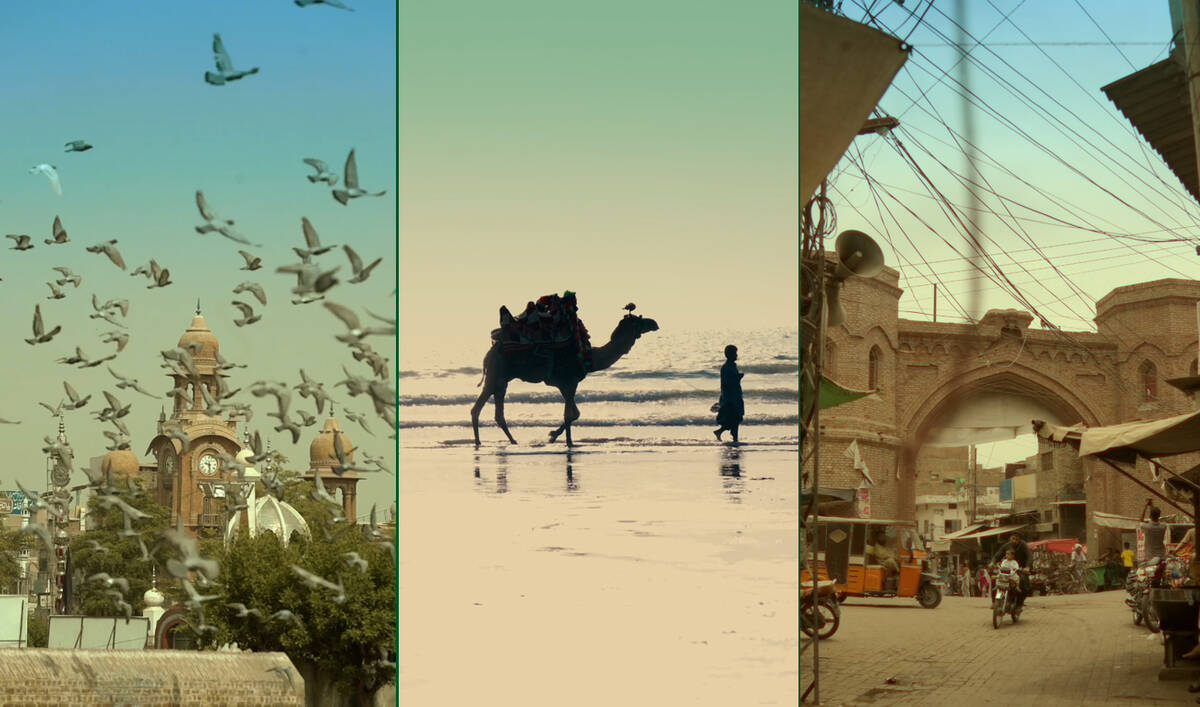ISLAMABAD: Pakistan is preparing to debut yuan-denominated bonds this year to shore up finances, Finance Minister Muhammad Aurangzeb told Bloomberg in an interview Monday, saying his government remained optimistic it would meet the terms of an International Monetary Fund bailout program.
The South Asian nation is planning to raise up to $250 million from Chinese investors over the next six to nine months, Aurangzeb said of the plan that comes as Pakistan’s sovereign rating has been upgraded recently by all three credit agencies. Aurangzeb said he expected further upgrades, and the challenge was to get into a “single-B” category, which would allow the country to return to global bond markets to raise funds.
“The country is very keen to tap the Panda bonds and the Chinese capital markets,” Aurangzeb said on the sidelines of the Asian Financial Forum in Hong Kong. “We have been remiss as a country not to tap it previously.”
The latest figure is slightly lower than the $300 million the finance minister was targeting in a March 2024 interview. China International Capital Corporation is advising Pakistan on the issuance of Panda bonds, Aurangzeb said.
Pakistan has enjoyed some stability from two years ago when an IMF bailout deal was in limbo and inflation and interest rates were above 20 percent. The government is optimistic it will meet the terms for an ongoing $7 billion loan, the finance minister said.
The IMF, which is scheduled to visit Pakistan next month, wants Pakistan to broaden its tax base and reach a tax-to-GDP ratio of 13.5 percent, from 10 percent in December, Aurangzeb said.
“We are well on our way to achieve that target, not only because the IMF is saying that but because from my perspective the country needs to get into that benchmark to make our fiscal situation sustainable,” he said.
After Pakistan clinched the IMF bailout last year, it has been getting some reprieve, including from cooling inflation that provides space for policymakers to cut borrowing costs further and help prop up a nation that remains hammered by structural weaknesses. Stronger remittances, a bright spot, have also helped shore up currency reserves.
The rupee, as a result, rose about 2 percent in 2024, among best performers in emerging markets. The benchmark stock index outperformed nearly all other equities markets last year.
Pakistan still remains in a tough spot.
The government has to increase taxes to secure a fresh $1 billion loan tranche from the IMF or miss the lender’s tax revenue requirement for fiscal year ending June 2025 which could put the bailout at risk, Bloomberg Economics’ Ankur Shukla said in a note on Jan. 8.
Having gone through 25 loan programs over half a century, Pakistan must institute durable reforms in key areas of the energy sector, tax collection and state-owned enterprises to end a cycle of indebtedness, Aurangzeb told an IMF forum in October.
On Monday, Aurangzeb said the nation’s gross domestic product would probably expand 3.5 percent in the fiscal year ending June. Pakistan had set a 3.6 percent economic growth target after a 2.5 percent expansion the prior financial year.
The State Bank of Pakistan, which has cut the benchmark rate to the lowest in more than two years, is scheduled to announce its decision on Jan. 27 while inflation is expected to stabilize within the target range of 5 percent–7 percent in the next 12 months.
“We are into that phase of stabilization,” Aurangzeb said. “Now where do we go from here? We have to focus on sustainable growth. We are now very focused on fundamentally changing the DNA of the economy to make it export-led.”


















